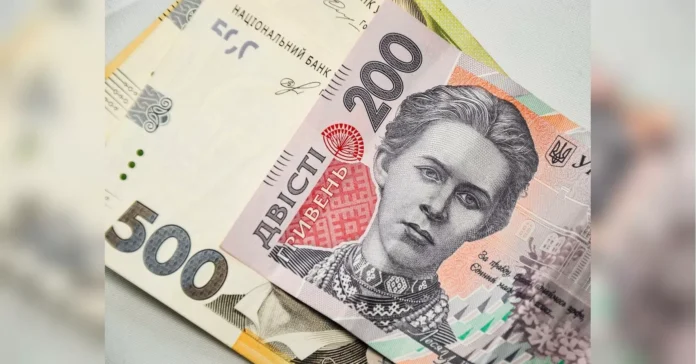During times of military conflicts or other emergencies, governments may declare a state of emergency and impose martial law. This means that certain laws and regulations may be temporarily suspended in order to maintain order and protect citizens. When this happens, one of the measures that may be taken is the suspension of debt collection from stipends and pensions.
In many countries, students receive stipends or financial aid to support their studies. Similarly, retired individuals may receive pensions as a form of financial support during their older years. These payments are crucial for many people to meet their basic needs and sustain their livelihood. However, during a state of emergency, the government may need to redirect its resources to address the pressing needs of the situation. This could lead to the suspension of debt collection from stipends and pensions, as the government may not have the capacity to continue enforcing these collections.
The suspension of debt collection from stipends and pensions is a necessary measure to provide relief to students and retirees who may be facing financial difficulties during a state of emergency. It is also a way for the government to prioritize its resources and ensure that they are used for the benefit of all citizens. However, it is important to note that this suspension does not apply to all forms of debt collection. There are exceptions to this rule, which may vary depending on the country and its laws.
One of the exceptions to the suspension of debt collection from stipends and pensions is when the individual receiving these payments has other forms of income or assets. In this case, the government may still require them to pay their debts in order to contribute to the country’s economy and support the overall recovery efforts. Similarly, if the individual has a history of defaulting on their debts, the government may still enforce debt collection to ensure that they fulfill their financial obligations.
Another exception is when the debt collection is related to taxes or other government fees. In times of emergency, the government may still need to collect taxes and fees to continue providing essential services and support its operations. Therefore, these types of debt collection are often not suspended during a state of emergency.
It is also worth mentioning that the suspension of debt collection from stipends and pensions is a temporary measure. Once the state of emergency is over and the situation has stabilized, the government will resume debt collection from these sources of income. This is essential for maintaining the stability of the economy and ensuring that individuals meet their financial responsibilities.
Furthermore, the suspension of debt collection from stipends and pensions does not mean that individuals are completely absolved of their debts. These debts will still need to be paid once the suspension is lifted, and individuals may face consequences for not fulfilling their financial obligations. Therefore, it is important for individuals to continue managing their debts and making payments whenever possible.
In conclusion, during times of military conflicts or other emergencies, governments may declare a state of emergency and impose martial law. As part of these measures, the suspension of debt collection from stipends and pensions may be necessary to provide relief to students and retirees. However, there are exceptions to this rule, and individuals may still be required to pay their debts if they have other sources of income or if the debt is related to taxes or government fees. This suspension is temporary and individuals will still need to fulfill their financial obligations once the state of emergency is over.

